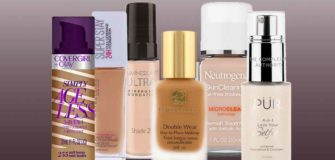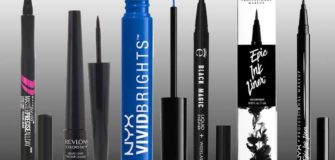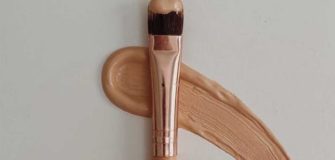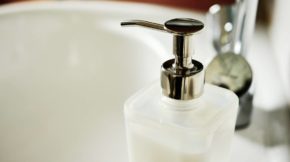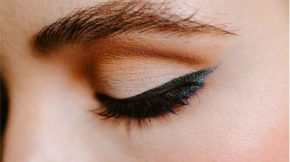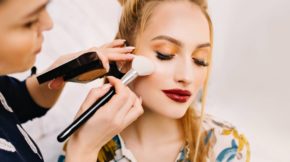Precautions To Get Rid Of Pimples Fast
Share
Summary:
Pimples are one of the most frustrating skincare problems, often appearing when you least expect them. This blog highlights the most common mistakes people make when trying to get rid of pimples fast. From over-washing the face to popping breakouts, many habits can actually make acne worse instead of better. The article focuses on the “don’ts” of acne care—explaining why using harsh scrubs, skipping moisturizer, or trying random home remedies can damage your skin barrier. It also emphasizes the importance of gentle cleansing, a balanced skincare routine, and patience when dealing with pimples. Whether you’re a teenager struggling with hormonal acne or an adult facing occasional breakouts, this guide helps you understand the right approach. The goal is to promote long-term skin health by avoiding the harmful shortcuts that lead to irritation, redness, and scarring. Read on to learn what not to do if you want clear, smooth, and radiant skin.
Pimples are a typical issue that people can face in any phase of living. While someone has a breakout, they may need to grasp how to overcome these pimples fast. A big red bump can happen to be shown on the face of anyone, yes it could be anyone. But it doesn’t make sense that you have to own disappointment and anticipate quietly till the wart got vanished. There are a lot of techniques to tackle grown-up acne, yet first of all, it’s vital to get the basics of why and how bump happens in the very first place. The bacteria create redness on the surface, that’s why spots and bumps appear, and just like that your surface burns up.
Pimples appear to rise up from nowhere, so it’s super bad that they need a lot of time to go away — if you don’t have knowledge of how to get a cure. Don’t worry, if in the next morning you rise up with an irritating red bump exactly on the tip of your nose, you can just read this article as a source, Because here we described some common practices which should not be done if u want to calm inflammation and to heal your skin.
Don’ts
1) Don’t Touch your Face
Most of us have heard this already. Though according to Josh Zeichner, touching leads to give more inflammation than normal. Zeichner states that it can cause”rack” on your surface skin, which in result heads to “swelling, redness, and possibly a mark.” by touching your spots you can only spread acne. Not touching your face is the best acne care.
2) Don’t Overdry the Infected Portion
It’s not about the medicine you apply; it’s about the quantity you use, states Neal Schultz, M.D., a Manhattan derm. “People usually think if a small amount of salicylic or glycolic acid is beneficial, then the large amount is more beneficial,” he states. “It takes to the point that the effective constituent hurts the surface, creating it rough and scaly and red.” To prevent inflammation, try a lower intensity of the effective constituent once you’ve previously broken out. Zeichner suggests reviewing your description for a quantity of benzoyl peroxide about 2.5%. One that actually serves: Paula’s Choice preference typical strength Daily Skin Clearing Medication. Keeping a bit moisturized the skin is helpful in acne care.
3) Don’t Use Makeup with Pore-Clogging Constituents
Concerning every acid which includes salicylic out there, there are particular elements to direct discharge of. “Makeup that contains mineral oil or lanolin should not be used by people who want to avoid acne,” Nazarian says. “These constituents are comedogenic, which means they are very alike of clogging pores and triggering acne” Read the description to make certain your skin products don’t include each. One of the best acne care is to avoid makeup with pore-clogging constitutes.
FAQs about Pimples
1. What causes pimples to appear?
Pimples form when excess oil, dead skin cells, and bacteria clog hair follicles, leading to inflammation and breakouts. Hormonal changes and poor skincare habits can worsen them.
2. Can I pop pimples to make them go away faster?
No, popping pimples can cause infection, scarring, and spread bacteria to other areas of your face. It’s better to let them heal naturally or use acne treatments.
3. How can I prevent pimples naturally?
Wash your face twice daily, use non-comedogenic products, eat a balanced diet, and avoid touching your face frequently to prevent pimple formation.
4. Do diet and stress affect pimples?
Yes, high sugar foods and stress can increase oil production and hormonal activity, which may trigger pimples or make existing acne worse.
5. What’s the best skincare routine for pimples?
Use a gentle cleanser, mild exfoliant, oil-free moisturizer, and spot treatment with salicylic acid or benzoyl peroxide to reduce pimples effectively.
Conclusion
Pimples are not just a skin concern—they can impact confidence and overall well-being. However, the key to clearer skin lies in avoiding the common skincare mistakes highlighted in this blog. Over-cleansing, touching your face, or using overly harsh products can worsen breakouts instead of solving them. Instead, focus on a consistent, gentle routine that balances oil production and keeps pores clean. Using lightweight moisturizers, avoiding heavy makeup, and getting enough sleep all contribute to healthier skin. Remember, pimples don’t vanish overnight; patience and proper care are essential. If your acne persists or becomes severe, it’s always best to consult a dermatologist who can recommend suitable treatments. By understanding what not to do, you give your skin the best chance to recover naturally and glow from within. Treat your skin with care—it will reward you with lasting clarity and confidence.


